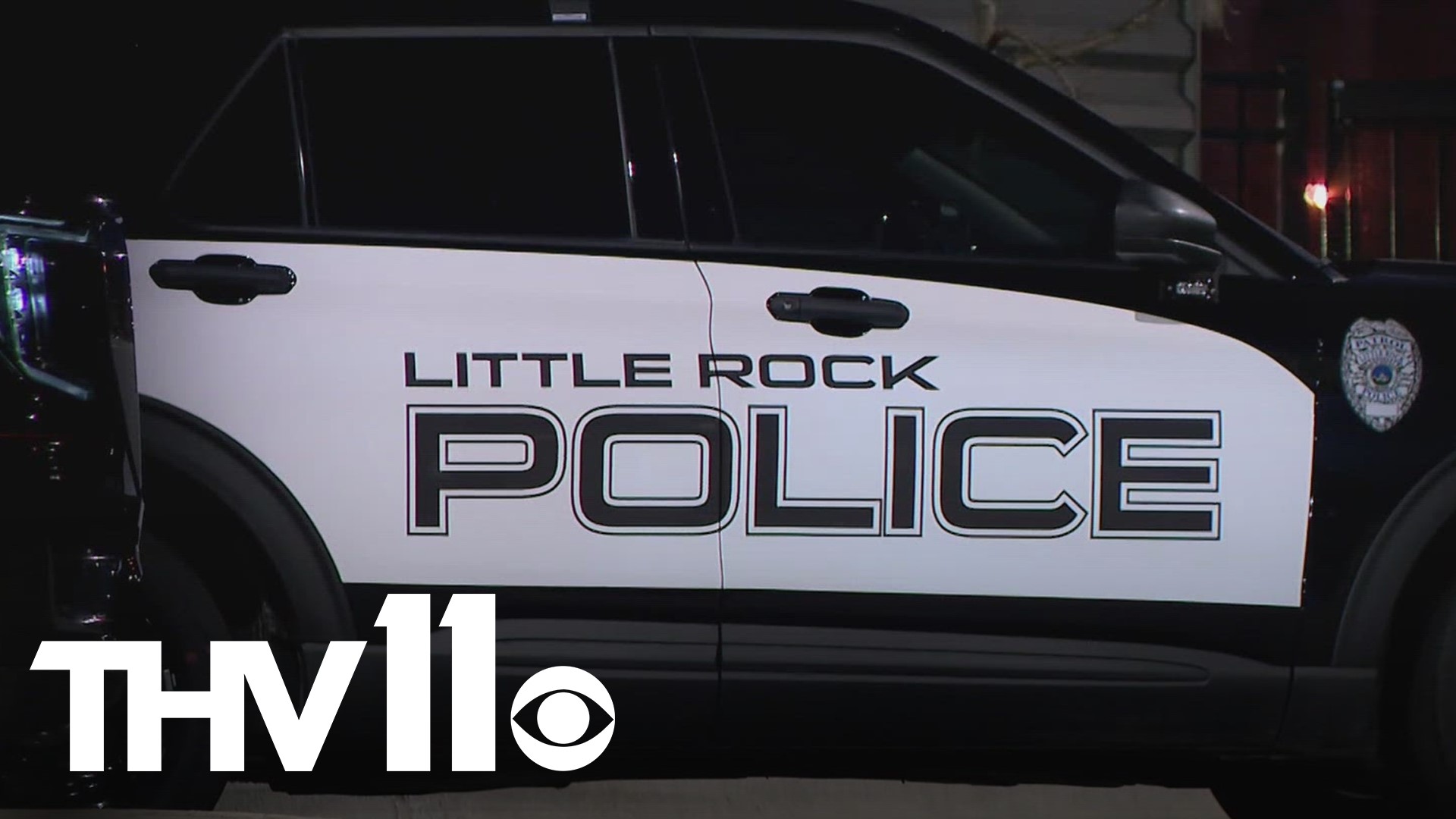LITTLE ROCK, Ark. — The Little Rock Police Department reported their rate of solving homicide cases is not only up, but it's also higher than the national average by 25%.
According to the FBI's most recent 2022 data, nationally, 52% of all murder cases are getting solved, which is near a historic low.
But Little Rock police said that as of Monday, they've closed 77% of their homicide cases, continuing an upward trend from the past few years.
At the end of his first year in the office, Pulaski County prosecutor Will Jones and his team have brought thousands of cases to trial as they work through some of the backlog of cases from the pandemic and filing what he said were about 3,500 new cases this year.
"One point in January, we had 14,000 pending cases in our office," Jones said. "About a month ago... we were down to under 10,000."
Jones said he works with LRPD to get cases closed, a new change he brought to the office was going to the homicide scenes.
"Now we go to the homicide scenes with either myself or Chief Deputy Kelli Ward," Jones said. "To help them put the case together to get to a point that we can make an arrest and then prosecute it."
Little Rock police said they've solved 44 of their 57 homicide cases as of Dec. 4.
While they closed slightly more cases last year, there was a record number to solve. Officers said they cleared 59 of their 81 cases, equalling a 73% clearance rate.
In 2021, they solved 66%.
This is higher than the most recent 2022 national average of 52%.
"I think there have been some technological advancements and things like that," Jones said. "Again, I'd like to think that our level of communication with them helps somehow."
In a statement, LRPD Chief of Police Heath Helton credited the "work of our major crimes detectives and crime scene unit" for the improved clearance rate over the last three years.
However, the police did not want to share their specific detective methods with the public to protect its success.
On the prosecution side, Jones said some success is credited to remaining active during open investigations.
"Our cases don't get better by sitting around," Jones said. "Witnesses... the memories can fade, and all kinds of things can happen, so we're not going to rush it, but we try to resolve them as quickly as we can."
Even still, thousands of families continue to wait for closure.
"We're also trying to resolve those cases," Jones said. "I've got stacks laying around where officers come over... lay it all out, and we go through it and see if we have enough."
Little Rock police expect their clearance rates to continue to climb as they close more cases, and they say detectives work to get closure for victims' families.

